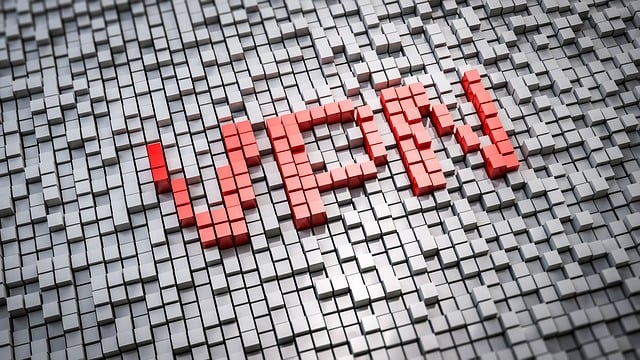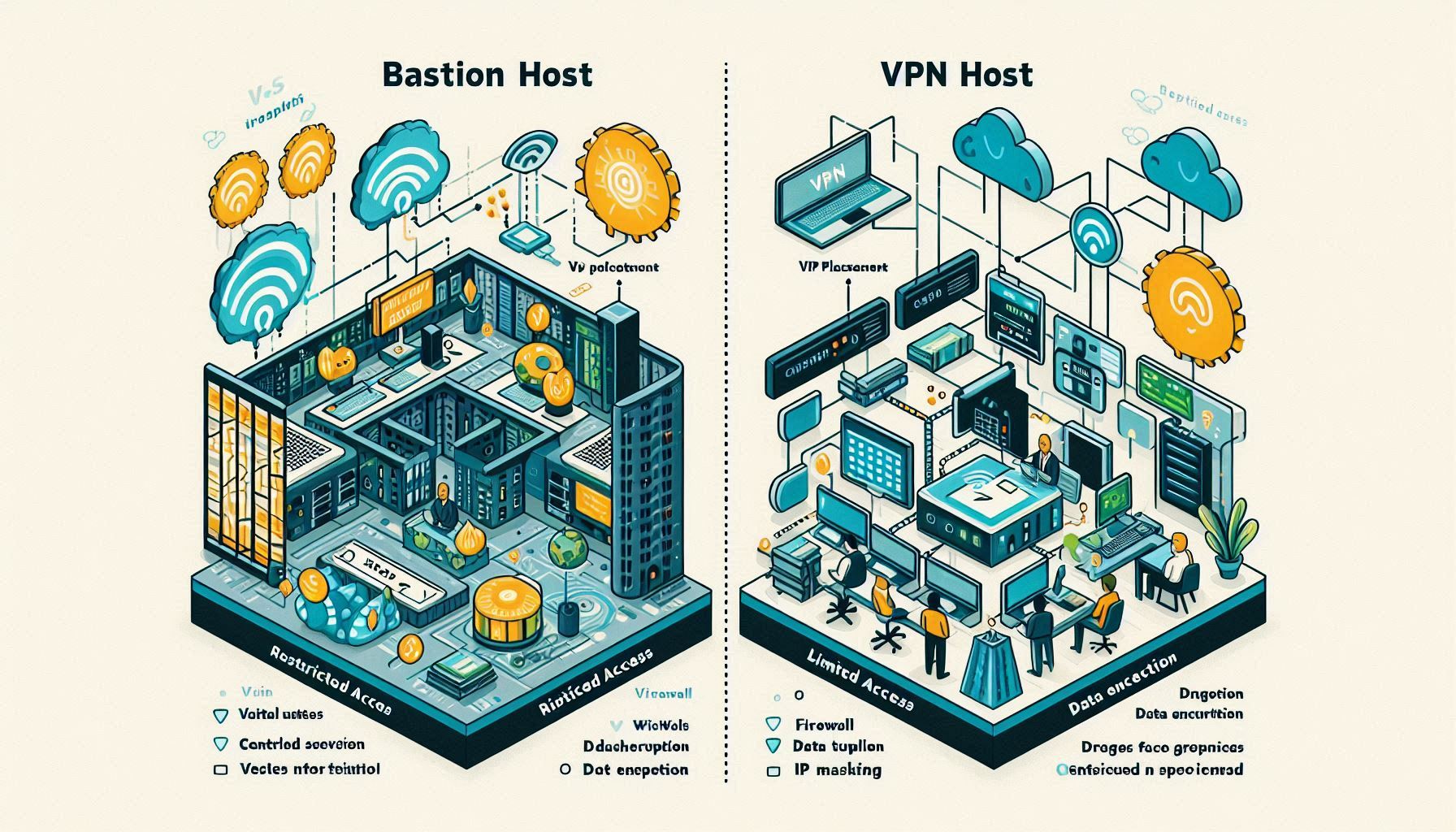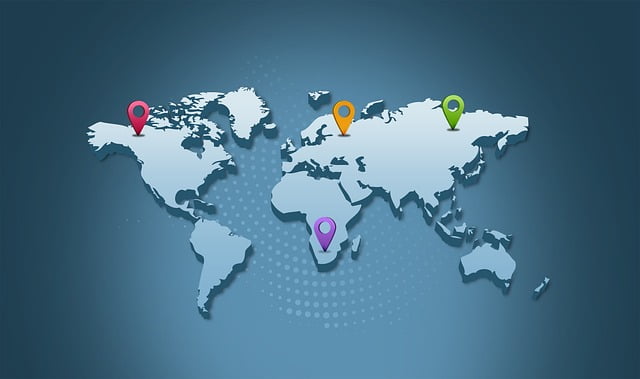What is VPN? How It Works, Types of VPN 2024

Hello friends today I’m going to tell you What is VPN? How It Works, Types of VPN. A Virtual Private Network, or VPN, is a service that encrypts your internet connection and masks your IP address. This technology creates a secure tunnel between your device and the internet, ensuring your online activities remain private and your data protected from cyber threats.
Importance of VPN in Today’s Digital World
VPNs have emerged as indispensable tools for both individuals and enterprises in a time when internet security and privacy are of the utmost importance. They shield private data from cyberattacks, stop ISPs from tracking you, and let users get beyond geographical limitations to access content from all over the world. Strong digital security solutions, such as VPNs, are becoming more and more necessary as more of our everyday activities are conducted online.
How VPN Works
Basic Principles
Basically, a virtual private network (VPN) routes your device’s internet traffic via a VPN server instead of your internet service provider (ISP). By serving as a go-between, this server encrypts your data before it gets to its intended location, hiding your IP address and safeguarding your online identity.
Encryption and Tunneling
VPNs must include encryption because it jumbles your data into a format that can only be read with a decryption key. By building a secure channel, encrypted data can pass through while being protected from outside dangers and prying eyes. This process is known as tunneling. These procedures guarantee that data remains incomprehensible to unapproved parties even in the event that it is intercepted.
Key Components: VPN Client, VPN Server, VPN Protocol
- VPN Client: The software installed on your device that connects to the VPN server. It handles the encryption and tunneling processes.
- VPN Server: The remote server that encrypts and decrypts your data, acting as the intermediary between your device and the internet.
- VPN Protocol: The set of rules that determine how data is transmitted and encrypted. Common protocols include OpenVPN, L2TP/IPsec, and PPTP, each offering varying levels of security and performance.
Types of VPN
Remote Access VPN
Using a remote access virtual private network (VPN), a single user can connect to a private network from a distance. Employees frequently use this kind to safely access the workplace network whether on the go or at home. It guarantees the protection of critical company data by offering a secure connection across the internet.
Site-to-Site VPN
This kind, also referred to as router-to-router virtual private network, links whole networks together. Businesses with several office locations frequently use it to establish a single, cohesive network. Site-to-site VPNs make it possible for branch offices to securely communicate with one another, which promotes easy data sharing and teamwork.
Mobile VPN
Mobile VPNs, which are made specifically for mobile devices, keep users safe while they move between networks by maintaining a secure connection. Professionals who routinely switch between different Wi-Fi networks during the day will find this very helpful.
Hardware VPN
Hardware VPNs are stand-alone units that offer VPN functionality. Businesses usually utilize them to provide strong security and effectively manage several connections. Hardware VPNs, as opposed to software-based VPNs, frequently provide more sophisticated capabilities such dedicated hardware encryption and faster throughput.
Benefits of Using a VPN
Enhanced Security
VPNs add an additional layer of security to your online experience by encrypting your internet traffic and protecting sensitive information from online threats. Passwords, bank account details, and personal data are all included in this. This encryption makes it more difficult for hackers to intercept and alter your data.
Privacy Protection
VPNs protect your privacy by hiding your IP address, which stops ISPs, advertising, and other third parties from tracking your online activity. Your privacy is essential to preventing the collection and misuse of your personal data.
Bypassing Geo-Restrictions
VPNs allow you to bypass geo-restrictions and access content that may be blocked in your region, such as streaming services, websites, and social media platforms. This is particularly useful for accessing global content libraries on platforms like Netflix, Hulu, and BBC iPlayer.
Safe Access to Public Wi-Fi
Public Wi-Fi networks are notorious for being insecure. VPNs secure your connection, preventing hackers from intercepting your data when using public hotspots. This protection is essential when conducting online transactions or accessing sensitive information on public networks.
Choosing the Right VPN Service
Factors to Consider: Security Features, Speed, Ease of Use
When selecting a VPN service, consider the following factors:
- Security Features: Look for strong encryption, a no-logs policy, and additional features like a kill switch and DNS leak protection.
- Speed: Ensure the VPN offers high-speed connections suitable for streaming, gaming, and downloading.
- Ease of Use: The VPN should have a user-friendly interface and be easy to install and configure.
Free vs. Paid VPN Services
While free VPN services may seem attractive, they often come with limitations such as slower speeds, data caps, and fewer server options. Paid VPN services provide more robust features, better performance, and higher security levels, making them a worthwhile investment.
VPN Protocols Explained
OpenVPN
OpenVPN is a highly secure and flexible protocol that uses open-source technologies. It supports both TCP and UDP ports, providing a balance between speed and security. OpenVPN is widely regarded for its strong encryption and ability to bypass firewalls.
L2TP/IPsec
Layer 2 Tunneling Protocol (L2TP) combined with IPsec encryption provides a secure and reliable VPN connection. It’s widely supported across various devices and operating systems. L2TP/IPsec is known for its robust security, though it may be slower due to double encapsulation.
PPTP
Point-to-Point Tunneling Protocol (PPTP) is one of the oldest VPN protocols. While it’s easy to set up and fast, it offers weaker security compared to newer protocols. PPTP is generally considered less secure and is typically recommended only for less sensitive use cases.
IKEv2/IPsec
Internet Key Exchange version 2 (IKEv2) paired with IPsec provides a secure and stable VPN connection. It’s especially useful for mobile devices due to its ability to maintain a connection when switching networks. IKEv2/IPsec is also known for its speed and reliability.
WireGuard
WireGuard is a modern VPN protocol known for its simplicity, speed, and strong security. It’s designed to be more efficient and easier to audit compared to traditional protocols. WireGuard has quickly gained popularity due to its lightweight codebase and high performance.
Setting Up a VPN
Installing VPN Software
Most VPN providers offer dedicated software for various platforms, including Windows, macOS, iOS, and Android. Download and install the software from the provider’s website or app store. Follow the installation instructions provided to set up the software on your device.
Configuring VPN Settings
Once installed, adjust the VPN settings to suit your requirements. Choose the chosen protocol, pick a server location, and activate extra security measures like the kill switch. A lot of VPN clients come with an easy-to-use interface with default settings that are ideal for the majority of users.
Troubleshooting Common Issues
Common VPN issues include connection drops, slow speeds, and difficulty accessing certain websites. To troubleshoot these problems:
- Ensure your internet connection is stable.
- Try switching to a different server location.
- Update the VPN software to the latest version.
- Contact the VPN provider’s support team for assistance.
Using VPN for Different Purposes
VPN for Streaming
VPNs are popular for streaming because they allow users to access content from different regions. By connecting to a server in another country, you can bypass geo-restrictions and enjoy a wider variety of shows and movies on platforms like Netflix, Hulu, and BBC iPlayer.
VPN for Gaming
Gamers use VPNs to reduce latency, protect against DDoS attacks, and access game servers in different regions. A VPN can provide a more stable connection and help you connect to international gaming communities, enhancing your overall gaming experience.
VPN for Business
Businesses use VPNs to secure remote access to their networks, ensuring employees can work safely from anywhere. VPNs also protect sensitive corporate data during transmission and facilitate secure collaboration among team members, regardless of their location.
Advanced VPN Features
Double VPN
Double VPN, or multi-hop, routes your internet traffic through two VPN servers instead of one, providing an extra layer of encryption. This enhances security and privacy, making it even harder for anyone to trace your online activities.
Kill Switch
A kill switch is a crucial security feature that automatically disconnects your internet if the VPN connection drops. This prevents your real IP address and data from being exposed, ensuring continuous protection.
Split Tunneling
With split tunneling, you can enable certain internet traffic to go over the VPN and allow other traffic to go straight to the internet. With the help of this function, you can simultaneously access local and foreign material without sacrificing speed or security.
VPN Security Considerations
Encryption Standards
AES-256 Encryption
AES-256 is the industry standard for strong encryption, providing a high level of security for your data. It’s used by governments, military, and security experts worldwide due to its robustness and reliability.
Privacy Policies and Logging Practices
No-Logs Policy
A strict no-logs policy ensures that the VPN provider does not store any information about your online activities. This is crucial for maintaining privacy and ensuring your data remains confidential.
Transparency Reports
Look for VPN providers that publish transparency reports detailing their data handling practices and any legal requests they receive. This transparency helps build trust and ensures the provider is committed to protecting user privacy.
DNS Leak Protection
What is a DNS Leak?
A DNS leak occurs when your DNS queries are sent outside the VPN tunnel, exposing your browsing activity. This can compromise your privacy and security.
How to Prevent DNS Leaks
Choose a VPN with built-in DNS leak protection to ensure all your DNS requests are routed through the VPN. Regularly test your VPN connection for leaks using online tools to verify its effectiveness.
VPN for Personal Use

Enhancing Online Privacy
VPNs allow you to browse the internet anonymously, preventing websites and advertisers from tracking your activities. This enhances your online privacy and protects your personal information from being collected and used without your consent.
Securing Public Wi-Fi Connections
Public Wi-Fi networks are often insecure, making it easy for hackers to intercept your data. Using a VPN encrypts your connection, protecting your data from cyber threats and ensuring your online activities remain private.
Accessing Geo-Restricted Content
A VPN allows you to access content that may be blocked in your region, such as streaming services, social media platforms, and websites. This provides unrestricted internet access and lets you enjoy a wider variety of online content.
VPN for Business Use
Secure Remote Access
VPNs enable employees to securely connect to corporate networks from remote locations, maintaining productivity and protecting sensitive company data. This is essential for businesses with remote or traveling employees.
Secure File Sharing and Collaboration
VPNs encrypt file sharing and collaboration activities, ensuring data security and compliance with regulations. This facilitates secure communication and collaboration among team members, regardless of their location.
Network Security and Threat Prevention
VPNs enhance network security by encrypting data and preventing unauthorized access. This helps protect against cyber threats and ensures the integrity of sensitive information.
VPN for Gaming
Optimizing Gaming Performance
VPNs can reduce latency and provide stable connections for online gaming, improving performance and minimizing lag. This is particularly beneficial for competitive gamers who require fast and reliable connections.
Accessing International Game Servers
Connect to VPN servers in different countries to access international game servers and expand your gaming community. This allows you to play with friends and other gamers from around the world.
Protection Against DDoS Attacks
VPNs mask your IP address, protecting against DDoS attacks and ensuring uninterrupted gaming sessions. This is especially important for streamers and competitive gamers who may be targeted by malicious attacks.
Challenges and Limitations of VPNs
Connection Speed Reduction
While VPNs provide added security, they can sometimes reduce connection speeds due to encryption overhead. Choosing a VPN with fast servers and optimized performance can help mitigate this issue.
Compatibility Issues
Some devices and networks may have compatibility issues with VPNs. Ensure your VPN supports all your devices and operating systems, and check for any network restrictions that may affect VPN usage.
Legal and Regulatory Considerations
VPN use is subject to legal and regulatory considerations in different countries. Be aware of the laws and regulations regarding VPN usage in your region to avoid potential legal issues.
Future of VPN Technology

Emerging Trends
As technology evolves, VPNs continue to adapt to new challenges and opportunities. Emerging trends include increased adoption of WireGuard, integration with 5G networks, and the development of more user-friendly interfaces.
Integration with Other Technologies
VPNs are increasingly being integrated with other technologies, such as IoT devices and smart home systems. This integration enhances security and provides seamless protection across all connected devices.
Potential Improvements and Advancements
Ongoing research and development in VPN technology aim to improve encryption methods, reduce latency, and enhance overall performance. These advancements will continue to make VPNs more efficient and effective in protecting online privacy and security.
Conclusion
VPN technology offers versatile solutions for enhancing online security, privacy, and connectivity across personal, business, and gaming applications. Whether you’re safeguarding your personal data, enabling secure remote access for employees, optimizing gaming performance, or accessing geo-restricted content, a VPN provides essential features and functionalities to meet your specific needs.
By understanding the benefits of VPNs, selecting the right VPN service, and implementing best practices for security and privacy, individuals and businesses can leverage VPN technology to safeguard their digital presence and ensure a safe and private online experience. Whether you’re streaming your favorite movies, conducting business securely, or enjoying online gaming with friends worldwide, a VPN serves as a valuable tool for protecting your online activities and maintaining internet privacy.
FAQs
What is a VPN and why do I need one?
A VPN, or Virtual Private Network, encrypts your internet connection and masks your IP address, protecting your online privacy and security. It’s essential for safeguarding sensitive information, bypassing geo-restrictions, and securing public Wi-Fi connections.
Can I use a VPN on multiple devices?
Yes, most VPN providers offer plans that allow you to use the service on multiple devices simultaneously. This includes computers, smartphones, tablets, and even routers.
Are there any risks associated with using a VPN?
While VPNs offer numerous benefits, choosing a reputable provider is crucial to avoid risks such as data logging, weak encryption, and potential security vulnerabilities. Always select a VPN with a strong privacy policy and robust security features.
How do I know if my VPN is working correctly?
To ensure your VPN is working, check for the following:
- Your IP address should be different from your actual IP address.
- Your internet traffic should be encrypted.
- Use online tools to check for DNS leaks and ensure your DNS requests are routed through the VPN.
Can a VPN improve my internet speed?
While VPNs can sometimes reduce speed due to encryption overhead, they can also improve performance by bypassing ISP throttling and optimizing routing paths. Choose a VPN with fast servers and reliable performance to minimize any potential speed loss.
Loading newsletter form...






